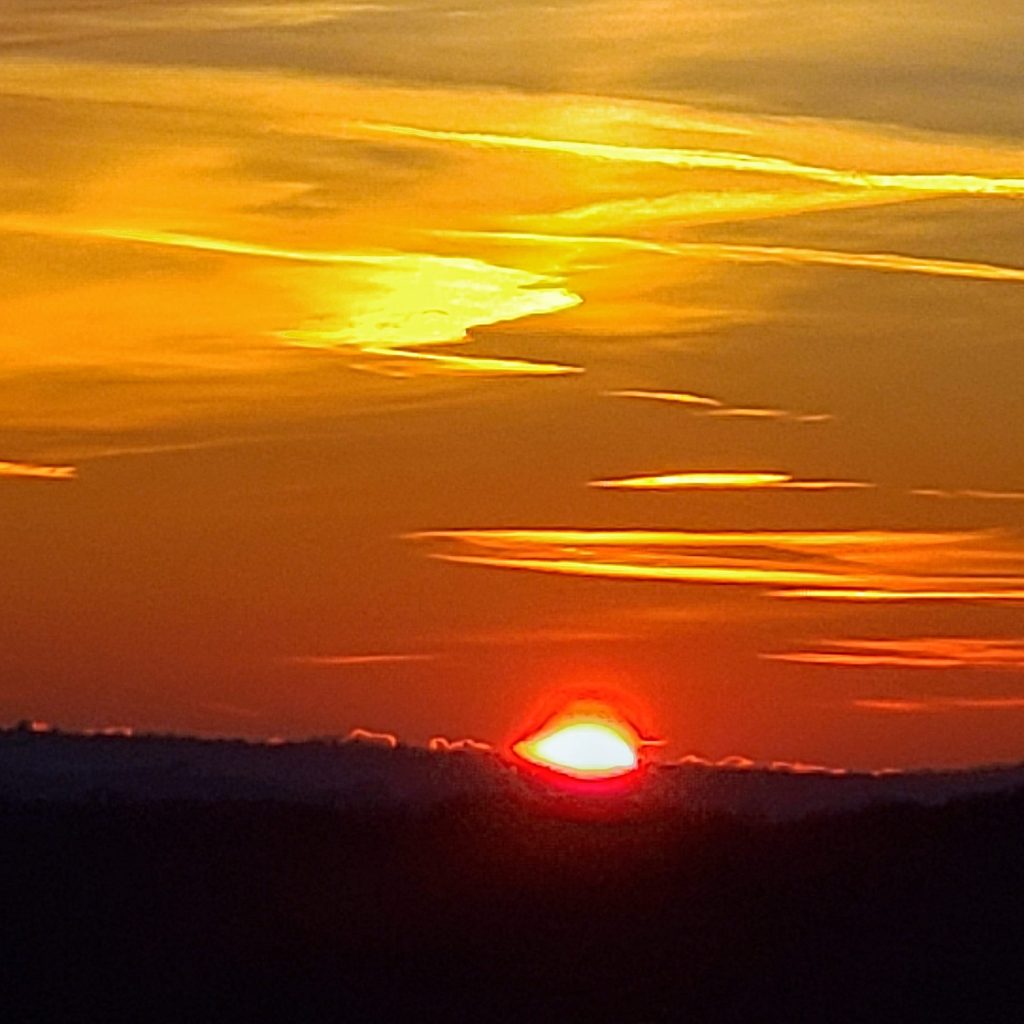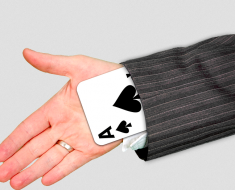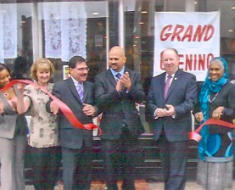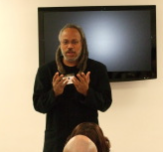
This is a Name, Unity and Expand Conversation.
I read recently in the Harvard Health Letter, how nothing quite prepares you for the heartache of profound loss. I thought about the profound loss of regard of humanity that people of color, especially descendants of Africa (DOA), have suffered.
The article continued about how grief settles in “like a gloomy thrum” that you “can’t entirely shut off.”
Who at Harvard is observing the continual thrum, which is very loud and pounds in the souls of Black folk without cease. It’s possible this writer, in fact the editor of the HHL, has never applied her thoughts about profound loss and grief to the ongoing psychological battle between Africans in the USA with Western Supremacy, that kills even the inquiry into reparations for hundreds of years of harm and injury that continue up to today.
Her third paragraph says this gem: “Whether you’re grieving the loss of a loved one, like I am, or the loss of a job, a home, or a beloved pet, it’s important to understand how the process puts your health in jeopardy.”
My condolences go to her on the loss of her mother. Do her condolences flow towards me on the loss of my children, brothers and sisters, and my people’s stand for recompense and restitution? Does she recognize our collective health in jeopardy?
“If there’s anything I can do for you in this time of loss, please let me know.” This is how we normally follow up our condolence expressions.
Let’s say this writer has thought about the ingrained supremacy that kills efforts to rightfully demand justice, rectification and minimal acknowledgment of history. I would like her second section, titled, “Stress and Grief” to explore how “grieving takes a toll on the body in the form of stress;” with the body being the collective body of African people.
But this is not her job, so she won’t do it and I don’t expect her to. This is the work of DOA healers and cultural leaders like me.
Pointing to what’s at stake, she quotes a Dr. Malin, who says stress “affects the whole body and all organ systems, and especially the immune system.” She then continues, “Evidence suggests that immune cell function falls and inflammatory responses rise in people who are grieving.”
The immune system is the body’s protector. It became popularized in the 1980s mainly because AIDS signaled a deficiency in the system is usually irreversible. This put the public on notice. We must keep our immune systems strong to withstand not only exposed sex partners but any toxic intake affecting the body. (Don’t get me started on the creation of Acquired Immune Deficiency Syndrome.)
Question is, how do you keep the African descendants’ collective immune system strong if it is constantly assaulted by wrongful, untimely and too frequently purposeful deaths at the hands of entrenched exploitative and oppressive empire-ical systems? It should be no wonder that inflammatory responses would rise given these assaults on humanity.
In case you need a review of what these are, try reading Medical Apartheid and Confessions of an Economic Hit Man; explore the origin of Planned Parenthood and prominent backers thereof; research the blue wall police training to kill blacks on sight; confirm the literal, overt and covert destruction of thriving DOA business centers by Caucasians throughout U.S. municipalities; acknowledge the real beneficiaries of Affirmative Action and integration, and last but not least, understand the role of the War on Drugs, with government agencies pouring guns and drugs into poor neighborhoods so young people could kill themselves.
This latter plan still plays out in many regions, notably Chicago. Many of us are grieving the stresses of these losses that are heinous and diabolical, not to mention inhumane. (You would have to be considered human for that one.)
However, Descendants of Africans and African Slaves are expected to weather losses as if they are nothing and cannot be attributed to what are now well-exposed institutional systems. If anything, it is a surprise more of us aren’t subject to depression, which among grief reactions according to the article include–
- extreme hopelessness
- insomnia
- loss of appetite
- suicidal thoughts
- persistent feelings of worthlessness
- marked mental and physical sluggishness
Our people have certainly been affected by all of these, and the more integrated the we have become within Caucasian communities, the more we have seen effects, such as suicides, rise. The losses continued no matter where we lived or worked or banked.
Even if our people have not undergone loss of appetite, we have certainly undergone feelings of worthlessness and sluggishness of mind and body.
So here it is— because we have been inundated by losses for generations, conventional medicine would expect us to be afflicted in toto with the symptoms of depression. It is indeed a wonder that we are not.
“Dr. Malin says people who are depressed often isolate themselves and withdraw from social connections, and they often stop taking care of themselves properly.” Well the former hasn’t quite worked and as to the latter, we can appreciate the role of our churches, mosques and temples in keeping us half-way healthy by taking care of spiritual needs.
The fact is, we have a secret sauce that supports us to continue standing despite attempts to eliminate our numbers and reduce our health. Some have pointed out we are the strongest who have survived, per Darwin’s theory. Therefore, since our foreparents endured the worst of the bad treatment, we are stronger for it.
Not to play into myths that we don’t feel pain as some medical stereotypes assert (Black maternal mortality rate in the U.S. is ashamedly high), there is something among DOAs that is resilient and able to continue fighting for respect and good health.
I maintain this is spiritual strength. None can trump this power of ours, and we cannot be arrogant about it because we know the consequences. We can continue to cultivate our spirituality and be a stand for our spiritual connection, whatever form it takes. This article on The HealMobile website has more.
It is on this foundation that our unity truly rests. It thwarts the sound of the gloomy thrum of grief, and teaches us how to shut it off.
Our health is the better for it, and our salvation is the crux of it.






xso7gd
uiwn8h
91xzqt
0ar7en
aypdqo
0f72ob